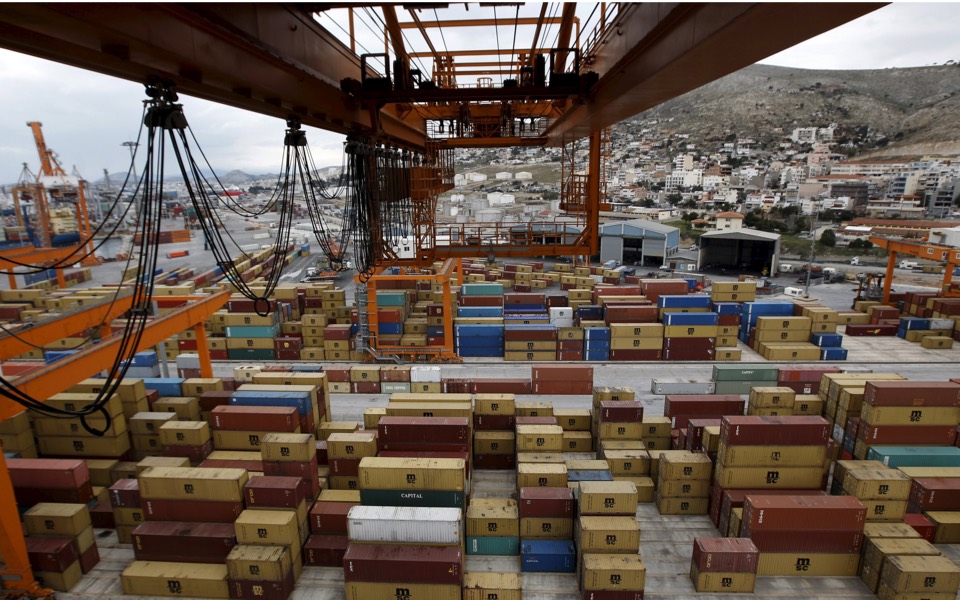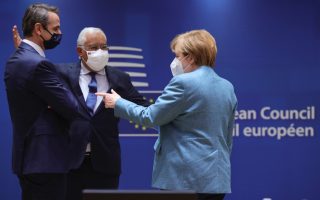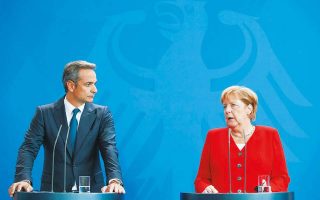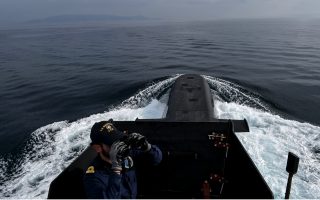Europe also needs to worry about alienating Greece

The European Council’s December 11, 2020 decision to continue to postpone imposing sanctions against Turkey over its actions in the Eastern Mediterranean was a disappointing, although not entirely unexpected, outcome for Greece. Even the tone of the Council’s final draft of its conclusions was quite far from the expression of solidarity that Athens expected.
Turkey’s importance to several European members as a trade partner and the significant role Turkey plays in the NATO alliance, among other well-known reasons, have made several European states reluctant to alienate Ankara.
Turkey is a major Mediterranean actor of strategic significance and a win-win solution based on both the rule of law and realpolitik would certainly benefit all parties concerned. That said, Greece is also a newly emerging power in the Eastern Mediterranean, but the recognition of Greece’s importance may require a paradigm shift for the European Union.
Greece is emerging as one of continental Europe’s leading actors in forging the 21st century’s new trans-Mediterranean connectivity – the emerging nexus of energy transit routes and commercial transportation corridors that connect Europe, Africa and the Middle East. Two quick examples should suffice to illustrate this point. Greece is continental Europe’s landfall for the Euro-Asia electricity interconnector from Israel and the Euro-Africa interconnector from Egypt.
While Italy is constructing a 0.6-gigawatt interconnector from Algeria and Tunisia to the Italian peninsula via Sicily, the Euro-Asia and Euro-Africa interconnectors that will reach mainland Greece via Cyprus and Crete with a combined capacity of 4 GW dwarf the Italian project. These electricity interconnectors provide Greece a vital role in Europe’s energy transition as the EU seeks to switch to electric vehicles and the production of hydrogen with electricity from green energy sources.
Greece’s massive transshipment port in Piraeus, in partnership with the expanding Mediterranean ports of Egypt, is becoming the hub of one of the most strategic trans-Mediterranean commercial corridors. With completion of rail connectivity from the booming “African Lion” economies of East Africa to Egypt, the freight rail service from Piraeus through the Balkans to the major markets and manufacturing centers of Austria, the Czech Republic, Germany and Poland means that Greece will be at the center of an East Africa-to-Eastern/Central Europe corridor via the Eastern Mediterranean.
Greece has also turned a new chapter in its connectivity with the Middle East by deepening its relations with Israel while simultaneously strengthening its ties in the Arab world, especially with the United Arab Emirates and Saudi Arabia.
Greece’s new commercial relations are paralleled by a significant deepening of defense cooperation with Egypt, Israel and the UAE. With the world’s largest merchant fleet, Greece has long played a role in connectivity across the Mediterranean. But now, Greece is emerging as one of EU’s leading trans-Mediterranean powers – a paradigm shift of strategic significance that means Europe also needs to worry about alienating Greece.
Professor Michaël Tanchum teaches international relations of the Mediterranean and the Middle East at Universidad de Navarra and is a senior fellow at the Austrian Institute for European and Security Policy (AIES).





